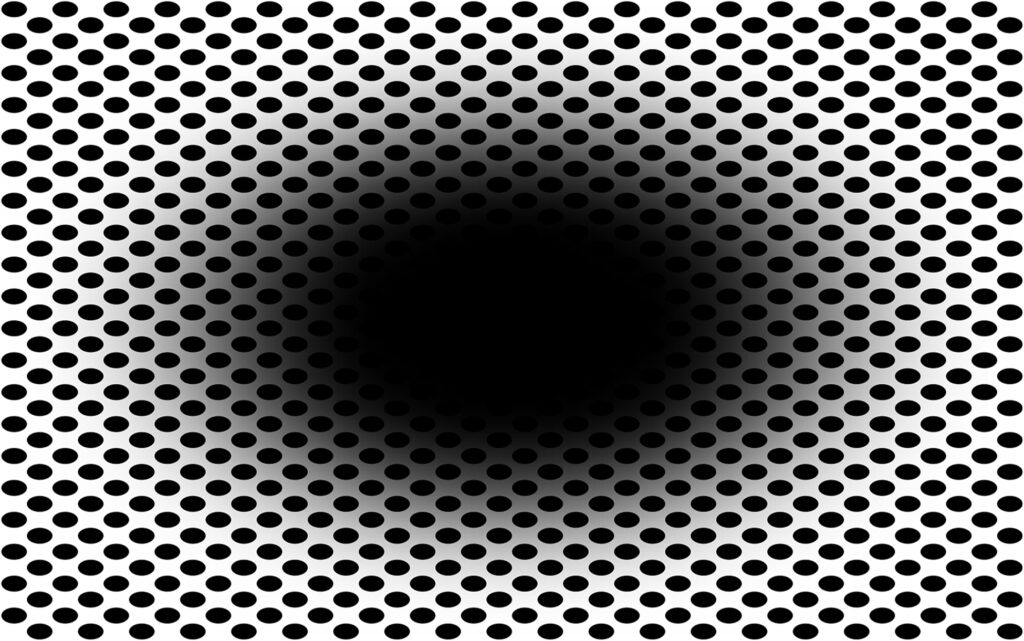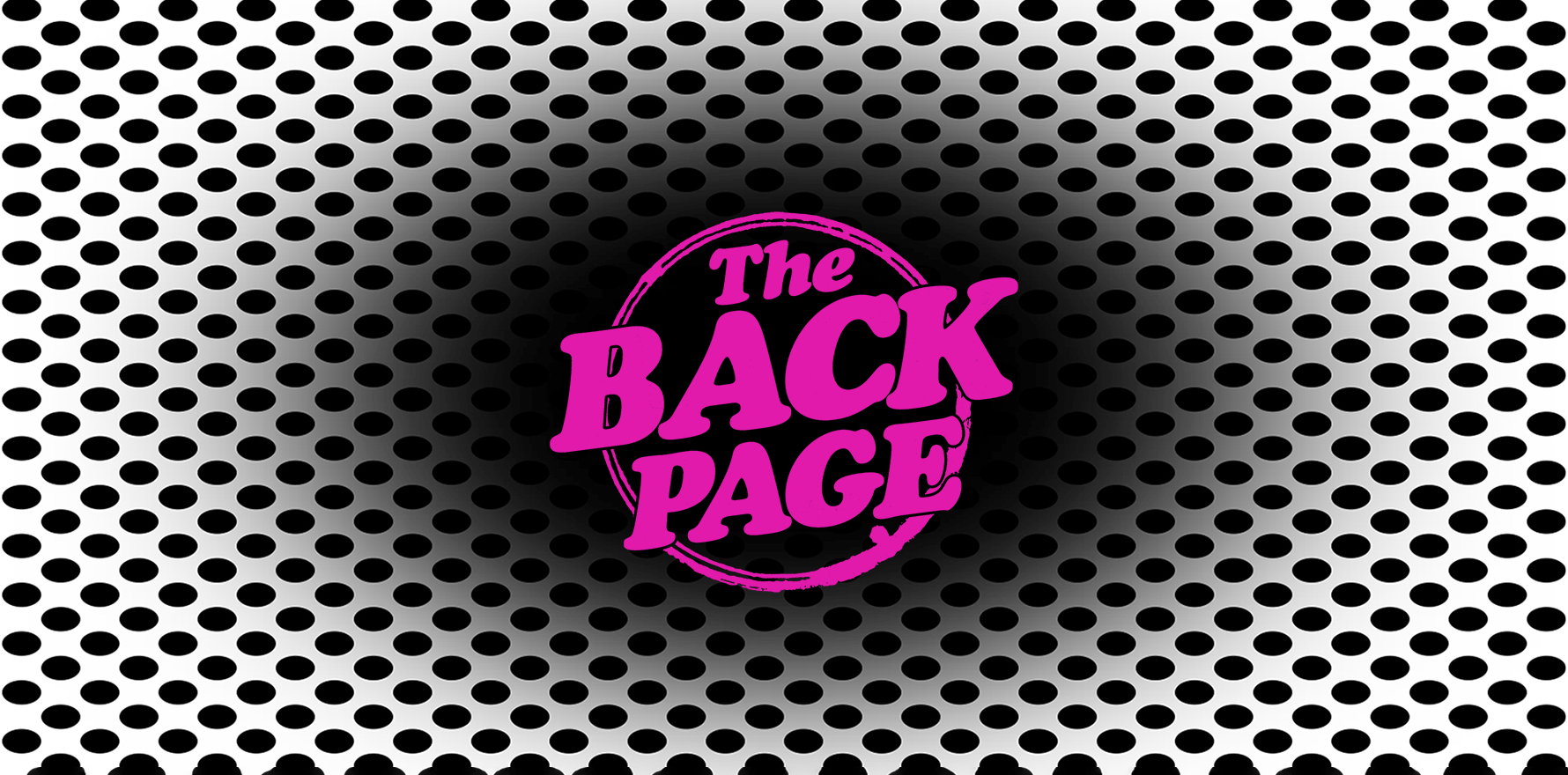Don’t worry, it’s only an illusion … or is it?
“When you gaze long into the abyss, the abyss also gazes into you”, the Nietzsche quote most beloved of edgy teenagers and internetlectuals, also seems highly fitting for this creepy new optical illusion.

Does the black hole expand as you watch it, seeming to suck you in like an existential vortex?
Engulf you like a pit of nothingness?
Reach for you like a crevasse of all that you dread?
Ok maybe that’s just us, but in a study out of Norway (home of black metal, coincidentally) 86% of participants reported seeing the hole expand.
Not only that, but the researchers found subjects’ pupils dilated when looking into the creeping darkness, as they would if they were really entering into a dark tunnel.
The study shows that unconscious reflexes like pupil dilation aren’t entirely driven by physical changes in light stimuli but depend somewhat on experience and prediction.
“Here we show based on the new ‘expanding hole’ illusion that that the pupil reacts to how we perceive light – even if this ‘light’ is imaginary like in the illusion – and not just to the amount of light energy that actually enters the eye,” said lead author Professor Bruno Laeng from the psychology department of the University of Oslo.
“The illusion of the expanding hole prompts a corresponding dilation of the pupil, as it would happen if darkness really increased.”
The team presented the image in various colours to 50 subjects with normal vision who rated their subjective experience of the illusion, while their eye movements and pupil dilations and contractions were measured. In a control condition they were shown a similar image but with no pattern.
The effect was strongest when the hole was black, with only 80% of participants experiencing the illusion when it was blue, cyan, green, magenta, red, yellow, or white. Coloured versions prompted constriction, rather than dilation, of the pupils.
When the hole was black, the stronger the subjective experience of the illusion, the greater the dilation.
The robustness of the illusion – except in that 14-20% minority of cases, which the team was unable to explain – can be seen as adaptive, even though it sacrifices veridicality. In other words, even though your brain is lying to you, it’s overall a more advantageous setting for your eyes to adjust to illusory oncoming darkness than to trip and fall on your face in a real cave.
If you see something that makes your pupils dilate, send it to penny@medicalrepublic.com.au.


